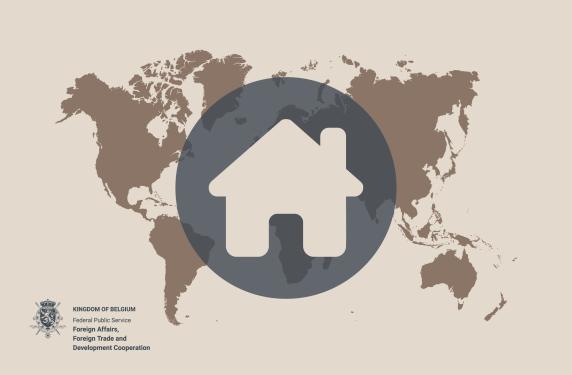-
Last updated on
In order to improve our consular services, now you can also present your documents to VFS for legalization!
For more information please contact VFS Global
Legalization is a procedure to confirm the validity of the seal and signature on documents issued in the UAE.
Legalization services, provided by the Belgian Embassy in the UAE concern the legalization of documents issued by entities in the UAE only.
Procedure
-
The document must be legalized (attested) by the Ministry Of Foreign Affairs of UAE - MOFA.
-
The document must be legalized by the Belgian Embassy in UAE through VFS Dubai or Abu Dhabi.
-
The original document must be included. If the police clearance is digital or electronically legalized, include a print-out of it.
-
If the document is in Arabic, a translation in French, Dutch or German must be provided, and both the Arabic and the translation need to be legalized. If the translation is done by one of our approved translators, then the stamp of the Ministry of Foreign Affairs of the UAE is no longer required on the translation, but it is still required on the original Arabic document (see list of approved translators on our website).
Important:
- Documents must not be older than 6 months (to be submitted min. 3 weeks before expiration of the 6 months).
- The Ministry of Foreign Affairs seal should not be older than 6 months.
- The Police clearance must not be older than 3 months.
For documents issued outside the UAE that you want to use in Belgium
- The original document must be legalized by the Ministry of Foreign Affairs of the issuing country or have an Apostille of the issuing country (see list of countries with Apostille on our website).
- The document can then be legalized by the Belgian Embassy responsible for the issuing country.
